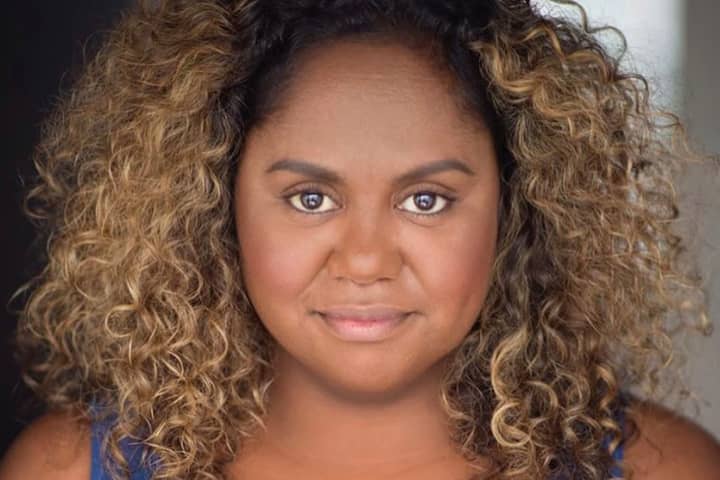With Whitefella Yella Tree – part of MTC’s Cybec Electric readings this weekend – playwright Dylan van Den Berg explores the impact of colonisation on queer Aboriginal identities, and asks how the process of healing might be achieved.
What made you start writing for the stage?
I’ve long made a bit of a hobby out of seeking out unusual and exciting scripts but, as a performer and theatregoer, have lamented that these often aren’t the plays we’re used to seeing on our stages. Feeling passionately enough that I didn’t want to keep fronting up to ‘safe’ and tested stories, I thought the only thing to do was to venture to add my voice to the swell of writers in Australia trying to tell other tales.
‘Theatre asks for something more akin, I think, to poetry or the short story. We’re not here for long, so it needs to be potent.’
In doing so, I hoped to apply pressure to have a range of people, ideas and approaches presented. I’ve come to recognise that there were so many others feeling the same way: that they were ready to engage with stories with varying representation, as well as approaches to form– something which has encouraged me even further.
Can you tell us more about your Cybec Electric play, Whitefella Yella Tree?
As the grip of colonisation takes hold sometime in the early 1800s, two 16-year-old Aboriginal boys meet under a tree which looks like no tree they’ve seen before. Bearing yellow sour fruit and growing stronger and stronger, no one knows where it came from. The boys are tasked with trading stories and information from their mobs about Whitefella movements – an important job for two young fellas on the cusp of manhood. The Yella Tree bears witness to their uneasy friendship, which soon develops into romance. But as the years go by, colonisation begins to taint their love; each meeting becomes increasingly fraught with confusion and doubt.
It’s a play about the stultifying impact of colonisation on the development of queer Aboriginal identities.
Why this play and why now?
I think looking back can help us understand what’s happening right now. The process of understanding Black Queerness has been hindered by colonial and heteronormative forces. I wanted to write a play that diagnoses the point at which some of these difficulties came into play.
‘I like to work in my study, which – if I’ve mown the lawn – has a decent view out onto our garden. If I’m not writing there, it’s in a café. I, like many writers, find the density of human life in such places helpful and inspiring.’
The process of healing is much more complex than simply looking to the future, but is contingent upon truly understanding what occurred, and why. I wanted to represent a world that is free from the limitations of the colonial gaze; it’s at once hopeful but also an indictment on colonial interpretations of history, as well as an exploration of Queer erasure as part of invasion.
Can you tell us more about your writing process, where you write and why?
I wish I had a particular writing process to refer back to during those times when writing feels like the hardest thing in the world to do! But alas, it’s a complete mystery to me how I actually get anything finished. I like to work in my study, which – if I’ve mown the lawn – has a decent view out onto our garden. If I’m not writing there, it’s in a café. I, like many writers, find the density of human life in such places helpful and inspiring.
How do you know when an idea should turn into a play?
It can be hard to know before you’ve fully scoped out its potential in draft form, but usually you can intuit whether there’s sufficient mileage (in terms of character development) to be gained from the key event/s before going to too much trouble. It also comes down to how striking an idea it is — theatre asks for something more akin, I think, to poetry or the short story. We’re not here for long, so it needs to be potent.
What excites you most about your participation in Cybec Electric 2021?
Melbourne Theatre Company is the place where my relationship with theatre began as a kid on school excursions, and I’m so stoked to be a part of a program which incubates and encourages new Australian work. I’m incredibly excited to collaborate with an incredible creative team in realising my work.
The Cybec Electric play readings run from 19 to 20 February 2021 at Southbank Theatre.
Cybec Electric forms part of MTC’s ongoing commitment to the development of new Australian writing, and is only possible due to the support of the late Dr Roger Riordan AM and The Cybec Foundation.
Published on 16 February 2021





